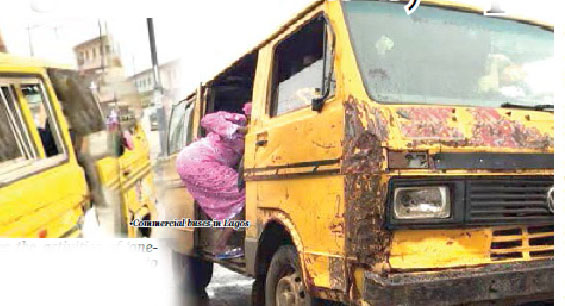Leaders of oil-producing communities of the Niger Delta region have called for a holistic approach that would address issues of leadership exclusion, gender inequality, insecurity and social injustice in their region.
They gave the charge during a one-day capacity-building training organised by Spaces for Change (S4C), in partnership with the Ford Foundation, for community leaders in the Niger Delta region, held in Owerri yesterday.
The group’s Executive Director, Victoria Ibezim-Ohaeri, said the training was designed to galvanise support for the promotion of Gender, Equity, Disability and Social Inclusion (GEDSI), and the concept for just and equitable development in the extractive communities.
Ibezim-Ohaeri, who was represented by S4C Senior Legal Officer, Chetachi Udeh, said: “The Niger Delta has long been a region of immense potential, yet it continues to grapple with the complex realities of resource extraction, environmental degradation, and socio-economic exclusion.”
“At the heart of these challenges lies an urgent need to ensure that governance frameworks are not only transparent and accountable, but also inclusive; reflecting the voices, needs, and aspirations of all members of the society, especially those historically marginalised.”
Akinjiola Oluwatosin, S4C Programme Associate: Energy and Extractives Justice, added: “By integrating GEDSI principles into our leadership and advocacy efforts, we strengthen the foundations of justice, equity, and sustainable development in our communities.
“Inclusive governance is not a luxury; it is a necessity. It empowers women, uplifts persons with disabilities, and ensures that no one is left behind in the decisions that shape our future.”
In their remark, some resource persons and participants, including Executive Director, Ogechi and Sam Ike Foundation, Ogechi Ike; Country Director, Secure D-Future International Initiative, Dr Chinaemerem Iwuanyanwu; Eze Emmanuel Odunze, and Mrs Lessi Susan, applauded the organisers for the training.
They insisted that until women, youths and vulnerable people are equitably carried along in decision-making processes and governance of host communities, issues of youth restiveness, outcry over marginalisation and social injustice would continue to persist.
Ike, Iwuanyanwu, and others urged host community leaders to adopt approaches that could strengthen quality leadership, improve accountability, and promote just and equitable development in their respective areas.
Meanwhile, all the participants pledged their commitment to inclusive leadership cum governance; and also to support, embrace and apply actionable strategies to advance GEDSI principles within their communities.
Oil-producing communities decry social exclusion, gender inequity

Victoria Ibezim-Ohaeri
Victoria Ibezim-Ohaeri





